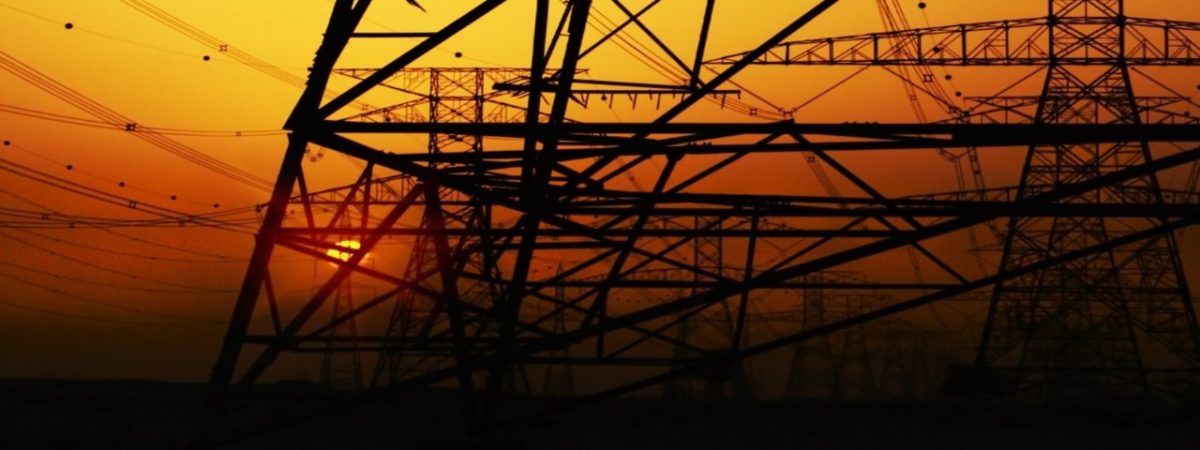Environmental Education
SUGGESTED



Executive Summary
In both the US and the UK, children are being presented with biased information about the environment.
Popular UK textbooks frequently present controversial theories, such as human-induced global warming, as fact.
Recent scientific evidence is often omitted. For example, children are presented with outdated studies citing acid rain as a major factor in lake acidification and forest decline, while more recent studies contradicting that view are ignored.
In the UK some textbooks aim for a more balanced discussion but are constrained by National Curriculum requirements to address specious issues such as ‘desertificaiton’.
The popular misconception of an environmental problem oftern becomes the basis for classroom presentations, thereby perpetuating inaccuracy.
Basic economic reasoning is lacking in many discussions. For example, children are taught there is a finite bundle of natural resources we must conserve lest we use it all up, without regard to the role of pricing, supply and demand, or economic trade-offs.
In the US, children are taught the prevailing view of issues before they can understand the underlying science and economics. For example, they are told that ‘recycling is good’ before they even know what a resource is or what recycling means.
This ‘issues’ teaching precludes rational debate and stymies the development of an enquiring mind.
The prevailing tone of most textbooks is negative. Rarely is there any mention of the significant improvements in environmental quality which have occured in the last 20 years in developed countries.
Environmental education in both the US and the UK is in need of significant reform. Doomsday scenarios and indoctrination should be replace with scientific reasoning: how to collect data, how to develop theories and how to test such theories against the data.
1997, Studies in Education No. 3/Studies in the Environment No. 9, ISBN: 978 0 255 36442 3, 126pp, PB



